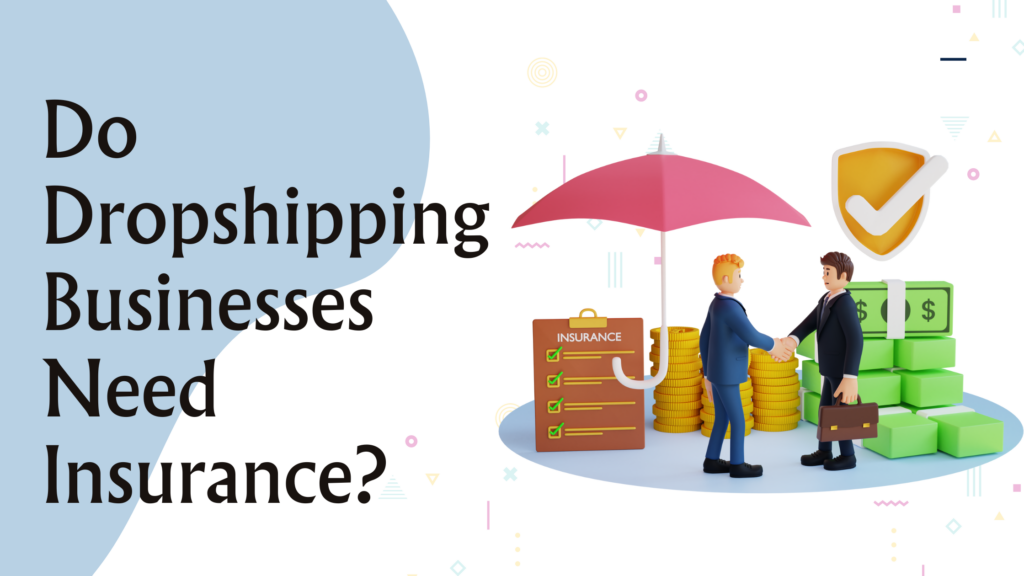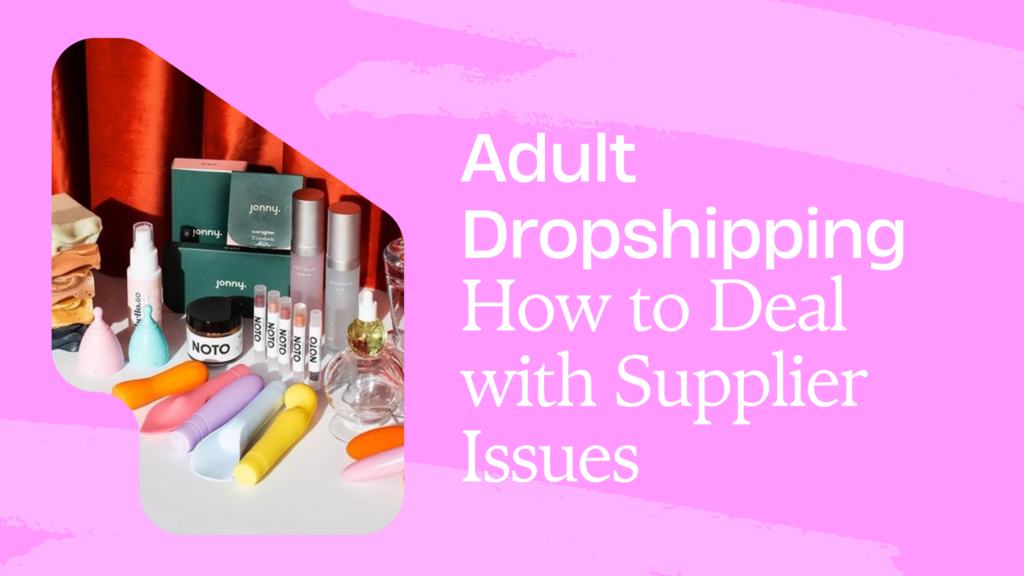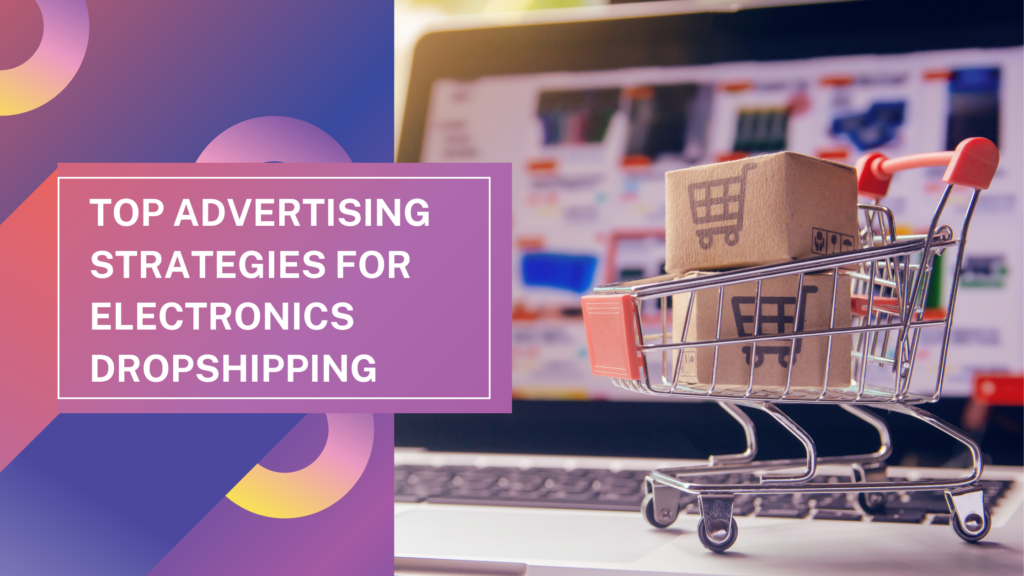Do Dropshipping Businesses Need Insurance?
As a dropshipper, you know that running a successful business involves navigating various risks and uncertainties. One crucial aspect of risk management is obtaining the right insurance coverage to protect your business from potential lawsuits, accidental damage, and liability issues.
To answer the above question, YES, a dropshipping business needs insurance. In this blog, we will explore the importance of dropshipping insurance and the various policies you should consider to safeguard your business.
What is Dropshipping Insurance?
Dropshipping insurance is a specialized policy designed to cover the unique risks associated with the dropshipping business model. Dropshipping involves displaying products, receiving orders, and shipping items directly from suppliers to customers. This streamlined process offers convenience and flexibility, but it also exposes you to potential liabilities. Dropshipping insurance provides coverage for these risks, giving you peace of mind as you focus on growing your business.
What Products are Covered by Dropshipping Insurance?
In the dropshipping industry, certain products are more prone to risks and liabilities. It is important to identify these products and ensure they are adequately covered by your insurance policy.
Here are some examples of products that typically fall under dropshipping insurance coverage:
- Wireless Technology: This category includes items such as smartphones, tablets, and electronic accessories. These products are often high in value and susceptible to damage during transit.
- Baby Care Products: Baby care items like strollers, car seats, and cribs are essential for new parents. As a dropshipper, it is crucial to protect these products from any potential defects or injuries.
- Pet Care Products: From pet food to grooming supplies, the pet care industry is booming. However, it is important to have insurance coverage for these products as they can cause harm if mishandled or defective.
- Grooming Accessories: Personal care items like hair straighteners, electric razors, and makeup brushes fall into this category. These products need to be protected from damage during shipping.
- Photographic Equipment: Cameras, lenses, and other photography gear are valuable and fragile. Insurance coverage for these items is necessary to safeguard against potential losses.
It is important to note that dropshipping insurance covers a wide range of products, regardless of their size or weight. This comprehensive coverage ensures that you are protected from all possible liabilities associated with your dropshipping business.
What are the Types of Dropshipping Insurance Policies?
To effectively protect your dropshipping business, it is essential to choose the right insurance policies based on your specific needs.
Here are some types of insurance policies to consider:
1. General Liability Insurance
General liability insurance provides coverage for certain aspects of your business, such as property damage or injuries caused by your products. However, it may not cover all potential lawsuits or liabilities. It is important to review the policy carefully and consider additional coverage options to ensure comprehensive protection.
2. Cyber Risk and Privacy Liability Insurance
Cyber risk and privacy liability insurance provide coverage in case of data breaches or misuse of customer information. This policy can protect your business from financial losses resulting from cyberattacks or unauthorized access to sensitive data.
3. Property Insurance
Property insurance covers damage or loss to your business premises, inventory, and equipment. This policy is essential in protecting your assets from natural disasters, fires, theft, and other unforeseen events. It provides financial compensation to help you recover from any damages and resume operations.
4. Marine Inland Insurance
Marine inland insurance is specifically designed to protect items during transportation. As a dropshipper, this policy is crucial as it covers the product’s journey from the supplier to the customer. It provides coverage against theft, physical damage, and other risks that may occur during transit.
5. Business Interruption Insurance
Business interruption insurance protects your income flow in case of unexpected disruptions. If your dropshipping business experiences a fire, natural disaster, or any other event that halts your operations, this policy can provide compensation for lost income and help you recover financially.
These are just a few examples of insurance policies that dropshippers may want to consider. The specific policies you choose will depend on the nature of your business, the products you sell, and your risk tolerance.
Calculating the Cost of Dropshipping Insurance
The cost of dropshipping insurance can vary depending on several factors. It is important to understand these factors to get an accurate estimate of the policy cost. Here are some significant factors that can influence the cost of dropshipping insurance:
Dropshipping Company Products
If your business deals with expensive or high-risk products, the insurance cost may be higher. Items like electronics or luxury goods carry more risk and require additional coverage, resulting in increased premiums.
Dropshipping Company Location
The geographical location of your business can impact the insurance cost. Areas prone to natural disasters or with higher crime rates may have higher premiums due to increased risks.
Annual Revenue
The size of your dropshipping business, measured by your annual revenue, can also affect the insurance cost. Larger businesses typically require higher coverage limits, resulting in higher premiums.
It is crucial to work with an experienced insurance provider who can assess your specific needs and provide you with a tailored policy that offers comprehensive coverage at a competitive price.
What are 5 Tips to Protect Your Dropshipping Business from Lawsuits?
Apart from obtaining the right insurance coverage, there are additional steps you can take to protect your dropshipping business from potential lawsuits. Here are some valuable tips to consider:
Obtain Proper Business Licensing and Insurance
Having a valid business license not only ensures the legality of your operation but also instills confidence in your customers and suppliers. Obtaining the necessary licenses and insurance coverage demonstrates your professionalism and commitment to protecting your business and stakeholders.
Use Original Product Images and Videos
To avoid copyright infringement issues, it is essential to use original product images and videos on your dropshipping showcase. Using copyrighted material without permission can lead to legal complications and potential lawsuits. Ensure that all the visual content on your website is either original or properly licensed.
Establish Relationships with Reliable Dropship Suppliers
The success of your dropshipping business heavily relies on your suppliers. Partnering with reliable and trustworthy suppliers can minimize risks, ensure product quality, and enhance customer satisfaction. Conduct thorough research and establish strong relationships with suppliers who share your commitment to excellence.
Leverage Dropshipping Tools for Streamlined Operations
Investing in dropshipping tools can streamline your operations and minimize risks. Inventory Source offers seamless integration with platforms like AliExpress, Shopify, WooCommerce, and Wix. With Inventory Source, you can efficiently manage multiple stores, track orders, optimize delivery time, and access reliable suppliers, all in one place.
Stay Informed and Seek Professional Advice
The world of dropshipping is constantly evolving, and it is essential to stay informed about industry trends, legal requirements, and best practices. Engage with industry experts, attend webinars, and seek professional advice to ensure that you are up to date with the latest information and can make informed decisions to protect your business.
Conclusion
In dropshipping, protecting your business from potential risks and liabilities is paramount. Dropshipping insurance provides comprehensive coverage that safeguards your business against lawsuits, accidental damage, and liability issues. By understanding the various insurance policies available and implementing best practices, you can ensure the long-term success and sustainability of your dropshipping venture. Remember to work with experienced insurance providers and leverage tools like Inventory Source to streamline your operations and minimize risks. With the right insurance coverage and a proactive approach to risk management, you can confidently navigate the challenges of the dropshipping industry and thrive in a competitive market.




